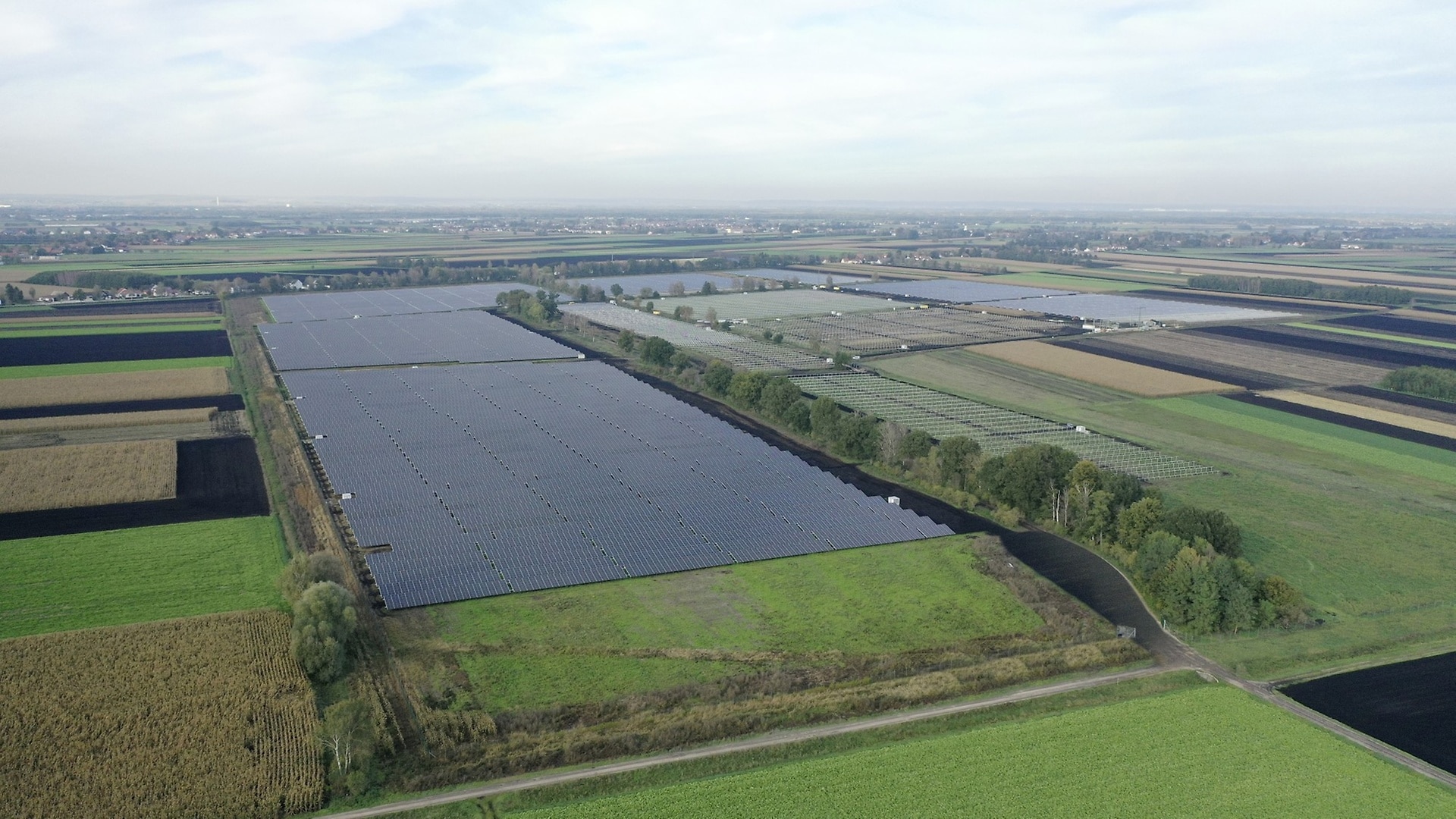With Ambition 2039, Mercedes-Benz is pursuing the goal of a fully connected and net carbon-neutral vehicle fleet in 2039 – eleven years earlier than required by EU legislation. The company envisages that more than 50 percent of its passenger car unit sales will be accounted for by plug-in hybrids or all-electric vehicles by 2030.
An important milestone is net carbon-neutral production in all Mercedes-Benz AG's own plants worldwide as of 2022. The purchase of green electricity is an important part of this. Since 2022, all of Mercedes-Benz AG's own production plants worldwide have been sourcing electricity exclusively from renewable sources.
The company intends to increase the share of renewable energies in the total energy demand of its own production facilities to 70 percent by 2030, not least by expanding local generation capacity. Mercedes-Benz is focusing on the expansion of photovoltaic systems at its own sites: Up to 140-megawatt peak (MWp) are to be installed by 2025. This is equivalent to one million square meters of new solar panels. Another focus of the company's energy strategy is the expansion of its energy portfolio to include wind energy from onshore and offshore wind farms. With the new solar and wind power plants, Mercedes-Benz will cover around 50 percent of its total electricity requirements in Germany in the future.
,xPosition=0,yPosition=0.5)


,xPosition=1.0,yPosition=0)
,xPosition=0.5,yPosition=0)
,xPosition=0.5,yPosition=0)
,xPosition=1.0,yPosition=0)